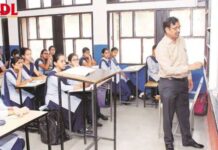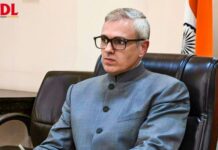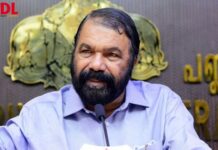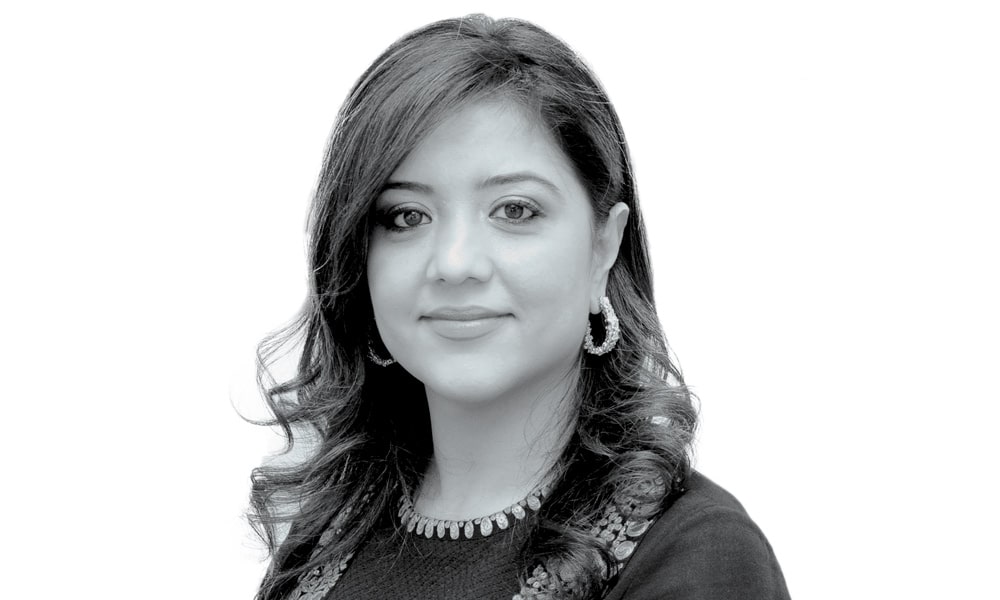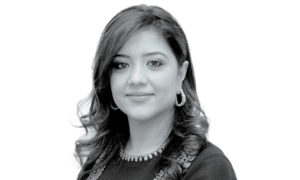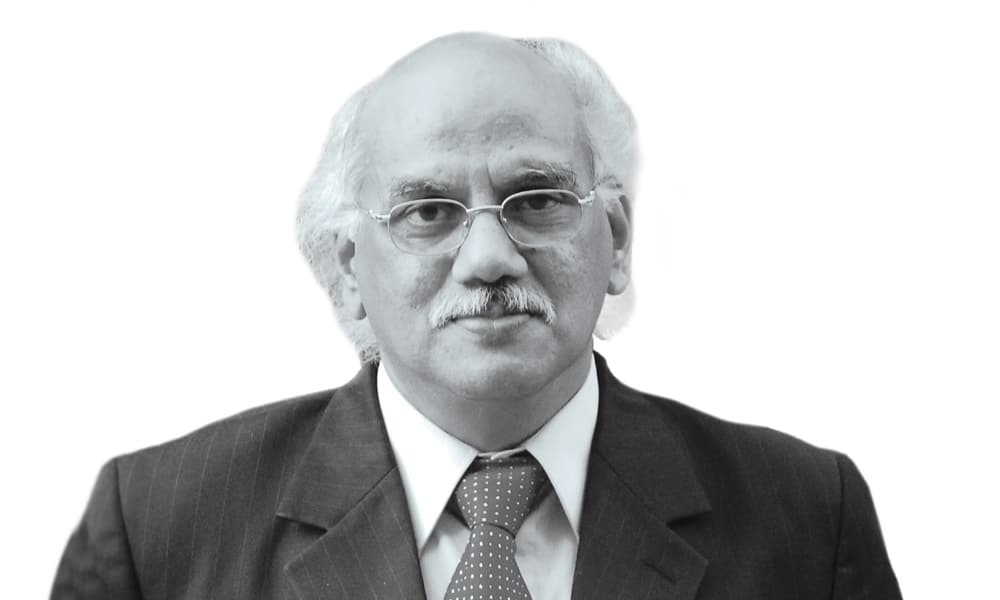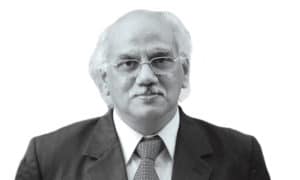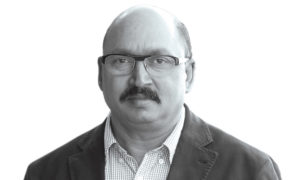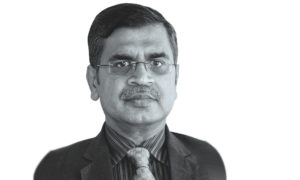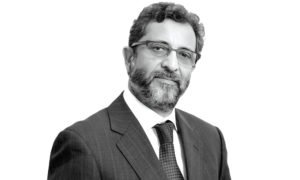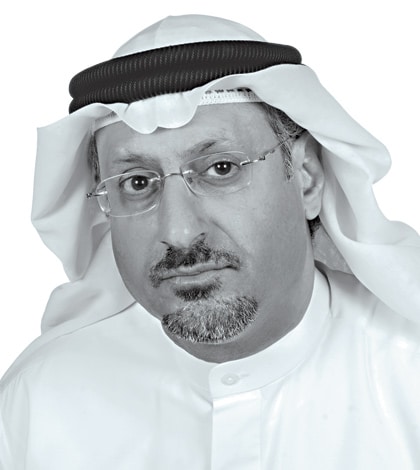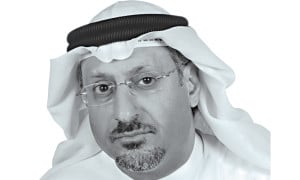
COO, Global Schools Foundation
Kamal Gupta COO, Global Schools Foundation, talks about the vision of the organisation in shaping tomorrow’s global citizens in a tete-a-tete with Dr Ravi Gupta, Editor-in-Chief, Digital Learning magazine
What is the vision of Global School Foundation and how it started?
Guided by the motivation to become a global role model for teaching and learning, the Global Schools Foundation (GSF) works towards empowering students to become global citizens of the world. GSF is a social entrepreneurial initiative, which uses innovative principles to organise, create and manage a social benefit programme.
Established in Singapore in 2002 as a social entrepreneurial initiative, the foundation is led by Chairman and Co-founder Atul Temurnikar under the guidance of GSF President Chandu Borde, former captain of the Indian National Cricket team and a Padma Bhushan (India’s third highest civilian award) and Padma Shri awardee. Nurturing students to become leaders of distinction through high quality, value-based education, the foundation looks after its member institutions that provide schooling and socio-cultural training bound by strong Gandhian values. The member institutions include award-winning international school – Global Indian International School (GIIS) – with 20 campuses across 7 countries – Singapore, Malaysia, Japan, the UAE, Thailand, Vietnam, Indonesia and India.
With the launch of Global Indian International School Abu Dhabi, GSF has ambitious plans of expansion, particularly in the Middle East. The Abu Dhabi campus, with state-of-the-art infrastructure is spread over 20,640 sq. m.creating a network of innovative, student-centered spaces in a safe and welcoming environment. The campus aims to offer parents value for money through a tailored school fee structure, designed as a gesture to the cooperation of Abu Dhabi Education Council (ADEC) and the UAE Government.
Global Indian International School operates in different cultural geographies, like Singapore, India, Japan and Malaysia. How do you customise the curriculum across various countries?
At Global Indian International School (GIIS), our endeavour to amalgamate diverse cultures, perspectives and facilitate knowledge sharing to foster a holistic learning experience across geographies has been consistent since inception. We encourage students to consider their responsibilities towards their community and to the world around them, by creating conceptual and practical connections.
Holding strong academic credentials and vast teaching experience, GIIS’ faculty forms the backbone of the school’s vision. GIIS students, over the years, have secured exemplary achievements in academic and nonacademic spheres. GIIS encourages the use of technology in the classroom and to maintain open communication, making learning a fascinating experience at GIIS. Both international and Indian curricula are offered at GIIS and include IB Diploma, Cambridge IGCSE, CBSE, CBSEi and Global Montessori Plus programme. Based on the geography of the school is operating in and as per local preference, the core curriculum is decided. Around it is woven our curriculum delivery system which is demonstrated through our Nine Gems™ model, which equips our students with the skills and awareness needed for them to become ‘Global Citizens’. We measure its success in terms of its global orientation and the impact it makes on the society. By implementing the United States Excellence Standards “Malcolm Baldrige” to effect continuous improvement in the standards of their schools, we benchmark our education excellence against the best schools in the world.
Since the fi rst campus was launched in Singapore, and currently there are three campuses catering to over 4500 students, it is needless to say that GIIS is very strongly involved in the education system of Singapore and works very closely with the education bodies of the country. In Singapore, GIIS is ISO 9001:2000 certifi ed and has also been certifi ed by EduTrust and BizSafe Level 3 by Workplace Safety and Health Council (WSH) of Singapore.
“Global education is the essence of learning at Global Indian International School and our endeavour is to amalgamate diverse cultures, perspectives and facilitate knowledge sharing to foster a holistic learning experience across geographies”
With reference to local connect, GIIS Tokyo has 50 per cent local students. Japanese students learn about Indian culture and art like Bharatnatyam and Indian vocal singing while their Indian counterparts learn about Japanese culture and art like Kanji and martial arts.
Similarly, in GIIS Kuala Lumpur campus, 20 per cent students are Malaysians, 10 per cent Chinese and the rest are Indians. The cultural activities and festivals of all communities and ethnic groups are celebrated in our campuses.
How do you address the local requirements of the Middle East, given it has an altogether different set of localised requirements?
Global education being the essence of learning at GIIS, the curriculum delivery system is based on universal values and sensitivity towards the global environment. Therefore, understanding of local culture, community connections and aligning to the vision of education councils of Middle East are imperative towards imparting complete education to our students.
GIIS has been recognised in the UAE for educational excellence. GIIS was awarded the Golden Peacock in the ‘Innovative Product/ Service Award’ category for ‘Kindness Movement’ initiated at GIIS Singapore campus on the 25th World Congress on Leadership for Business Excellence & Innovation in Dubai on 20th April 2015. It was an honour to receive the award from His Highness Sheikh Nahyan bin Mubarak Al Nahyan, Minister of Culture, Youth and Community Development, Government of UAE.
Incidentally, KHDA has recently talked about the concept of ‘Happy School’, which we have already implemented couple of years back in our Singapore and India campuses by setting parameters to measure the ‘Happiness Index’ of each student, if the Happiness Quotient is high. We know that happy children learn better.
As far as academic results are concerned, we have also produced four IB Diploma world toppers from our Singapore campus in the last few years; there were several others, who achieved almost near-perfect score of 44/45, and also IGCSE toppers. In fact, we have bagged the second prize at the Global Benchmarking Awards recently for our Singapore campus. Such feat has not been achieved by any of the schools in Dubai. We have made a mark in education in the last 10 years, and have been honored with 53 prestigious international awards by most reputed international organisations across the globe.
What are your expansion plans for the next three years?
In terms of expansion, we are keeping the Middle East on the top priority, especially locations like Qatar, Sharjah, Abu Dhabi and Dubai. Then we will also focus on India. We are working on a long-term rental model. Our brand new campus is coming up in Singapore which will be a state-of-the-art world class infrastructure. In addition we are looking at key cities in India and selected other geographies.

